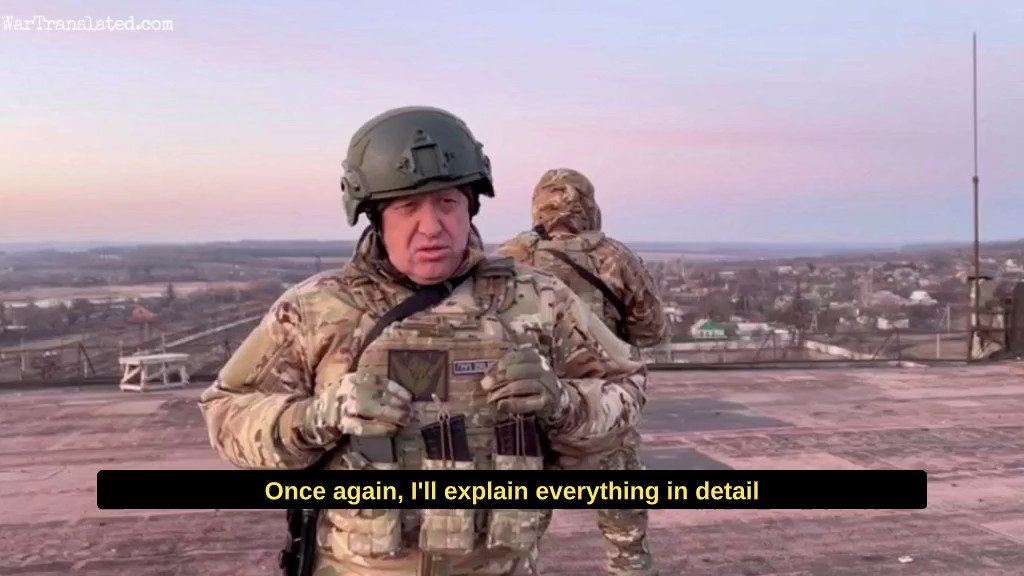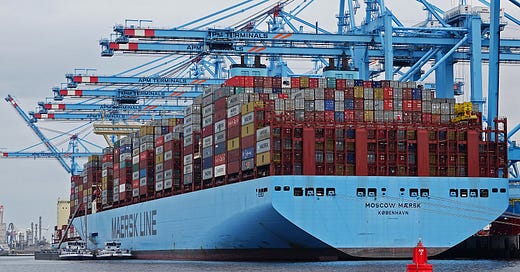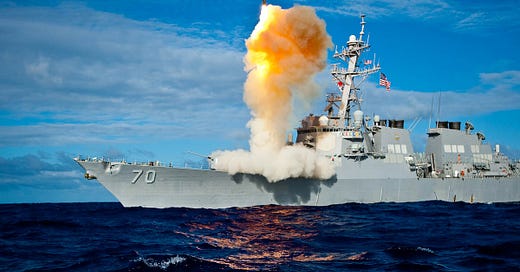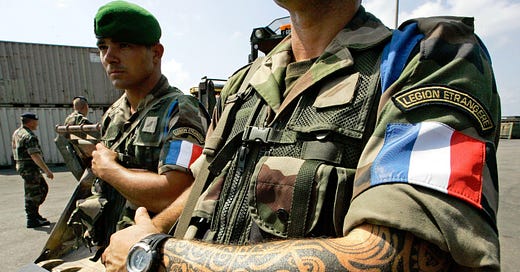

Discover more from Weapons and Strategy
Yevgeny Prigozhin, who now appears in military uniform wearing a helmet and flak vest, is not part of Russia's army. He is the head of the private militia called Wagner. Prigozhin and Wagner are playing a big role in the Ukraine war. His force of paid professionals and ex-convicts (among others) is the Shock Troop force in the Bakhmut battle still continuing.
Prigozhin’s private army is, by no means, doing this on its own. In the Bakhmut fight there was a Russian Army airborne brigade, a DPR (Donetsk People's Republic) brigade, a Luhansk People's Republic artillery support team, plus the Wagner forces. But Proghozin is the spearhead, his forces have sustained apparently high casualties, and is said to be doing most of the street fighting inside and around the city.
Prigozhin has been in a running feud with Russia's army leadership, including General Valery Gerasimov, Chief of the General Staff, who was thrust by President Vladimir Putin into the role of directing the "Special Military Operation" in Ukraine, and Defense Minister Sergei Shoigu. Prigozhin says that Gerasimov and Shoigu have shorted him on ammunition and artillery support, have cancelled Prigozhin's representative at Army headquarters in Ukraine, and are using his troops as cannon fodder. Prigozhin has now reached out directly to Ukraine's President, Volodomir Zelensky, offering to let Zelensky pull his forces safely out of Bakhmut and hinting that he is the man in charge of Russia's forces.

Zelensky, one should recall, has his own contretemps with his military commanders and has forced them to try and reinforce Bakhmut and not to pull back.
Meanwhile Prigozhin has proven a serious political problem for the Russian army general staff, for the Defense Minister, and for Putin. After all, he is not in charge of the Special Military Operation and, in fact, he holds no rank in the Russian military. But he is an ultra-ambitious operator and his claim that he can be more militarily successful than Russia's field commanders and leaders apparently has proven right.
The dilemma for Putin is that he may not be able to sack Prigozhin but, at the same time, keeping him in his current role endangers Putin and his military backers. How Putin will solve this problem, if he does, remains to be seen.
Putin has a number of choices. He can stop funding Prigozhin and stop supplying weapons, and that appears to be what the Russian general staff is haltingly doing. Alternatively, he can put the Wagner forces under the Army's direct command and end their independent role. This will make Prigozhin subservient to the Command's leadership, which he may refuse to accept. Or, he can replace Prigozhin by recalling him to Moscow and arresting him, a very dangerous course of action.
Many suspect that Prigozhin may be positioning himself to carry out a coup, but a popular coup based on his successes and not a military coup with tanks surrounding the Kremlin.
Infighting among military commanders in wartime is quite common. US and British generals (not to mention the Free French) were at each other's throats for much of the time during World War II. Eisenhower's genius was his ability to navigate the infighting and still keep the fight going. But the Prigozhin mess is something quite different because of Prigozhin’s political ambitions. His clumsy but direct appeal to Zelensky is a case in point where he has gone beyond the limits of endurance in Moscow.
Best guess on outcome: After Bakhmut falls Prigozhin will be replaced.













